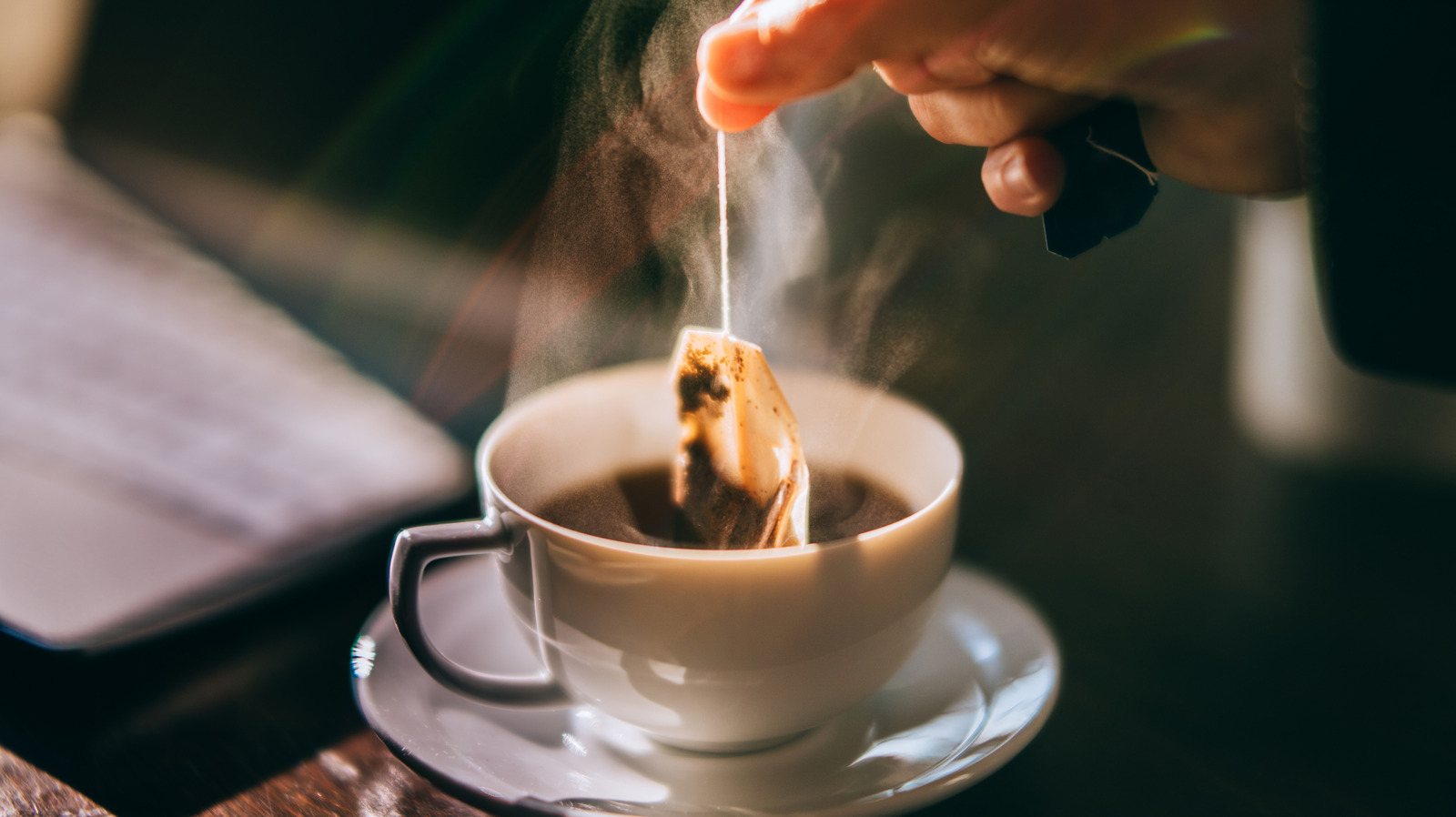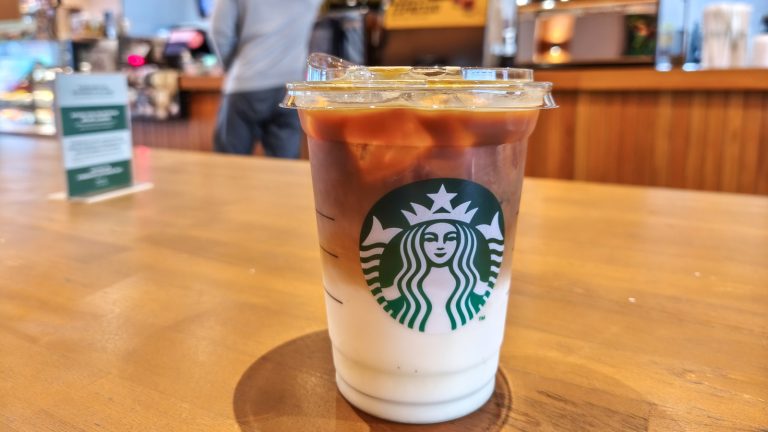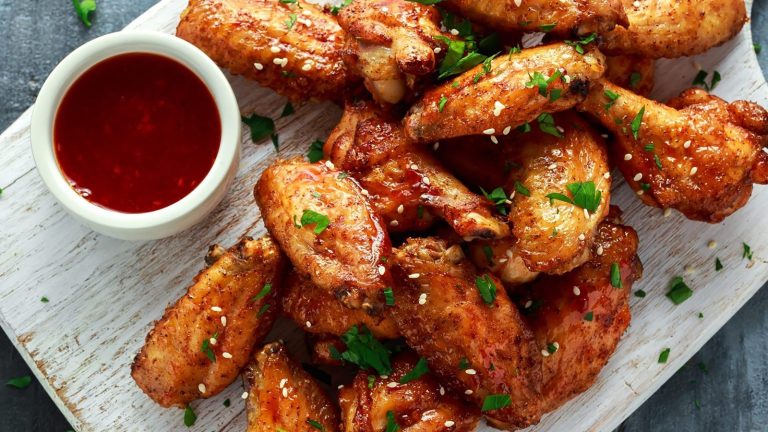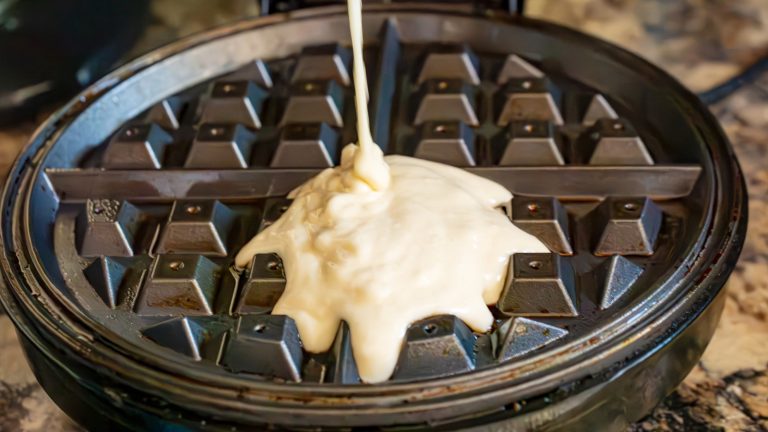Every country has its own unique colloquialisms, even when it comes to food. They help us connect with the history and culture of a place and help us establish familiarity with things that are meaningful. In some instances, like the American colloquialism “cup of joe,” referring to a cup of coffee, the phrase itself is rooted in the history of the country. Some come and go, like the term “dropped egg,” which was once common throughout New England to refer to a poached egg. In other cases, such as “cuppa,” a term commonly heard in the United Kingdom, the word is simply an abbreviation of “cup” and “of” that has earned itself a place in our official lexicon.
Merriam-Webster defines cuppa as a cup of tea and identifies it as a British term. It first appeared in 1925 in the writings of P.G. Wodehouse, an English-born writer of comic novels, short stories, and plays, and it clearly has stuck around in his home country. Today, it continues to be used as a popular slang, or colloquialism, for an abbreviated version of cup of. And while the “cup of” can be a cup of coffee, it is most often used when referring to a cuppa tea. And while Americans might blur their words when speaking fast, thus uttering the phrase “a cuppa coffee,” in the UK, the word is able to stand alone by definition. In other words, ask for a “cuppa” in England, and you can likely expect a nice hot cup of tea.
Slang rules modern language
People, no matter the country and no matter the language, love to use fun and colorful substitutions for regular words, so much so that we even have plenty of words for the word food itself. Nosh, grub, chow, the list goes on. We even tend to refer to alcohol affectionately as booze. Some of those words simply exist as they always have, while others evolve to encompass other meanings as well. For example, over time, the British term “cuppa” expanded a bit to “not my cuppa tea,” referring to when something isn’t to your liking. Apparently, not everyone likes tea (or perhaps they simply aren’t brewing it right).
America has plenty of its own slang words that permeate our culture and find their way into our daily language. Some of them are more widespread and spark hot debates, such as the ongoing question of which word is correct: soda or pop? Others are more regionally specific. In Illinois, for example, you might eat a “scramble dinner,” which is really just a potluck, or you might hear about how fresh the “cowcumbers” are as you travel through parts of the South — in case you’re wondering, it’s just another way to say cucumber. Regardless of the country of origin, some terms like cuppa are pretty straightforward in their meaning; others, like the British term “afters,” referring to the sweet course served at the end of the meal, might need a little explanation, but it certainly is fun trying to figure them out and show off your knowledge when you order your meals.






